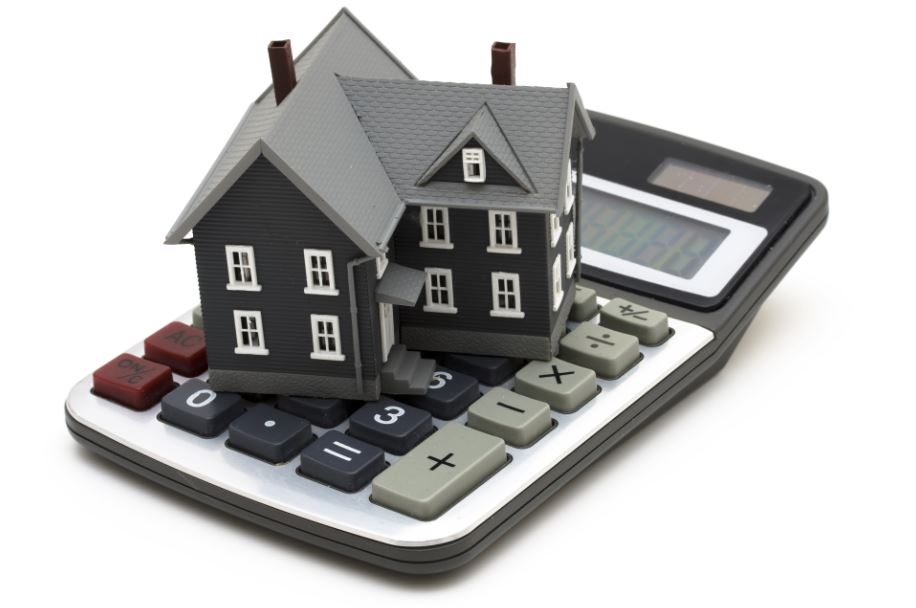
Here’s what you need to know about the things that determine your mortgage fees.
Do I Really Have to Pay Mortgage Fees?
Remember, all loans come with fees and all fees are paid for by someone. You can have what seems like the perfect loan and there will still be fees, like closing costs. There are two situations where you might not have to pay all of the closing costs. The first way is for a seller to credit the closings cost when you purchase your home. The second is to select an interest rate that generates an overage, or credit, which is applied to your loan fees.
For the purpose of this discussion, we’ll focus on the factors that determine your interest rate and any points associated with that rate.
Two factors that determine your loan fees above anything else are your loan-to-value (LTV) and your credit score. Your loan-to-value (LTV) is the difference between the loan amount you are seeking and the value of your home. Your credit score is particularly important to how your loan is priced because it determines the risk associated with your loan.
The following things play out in terms of how your loan is priced:
High Loan-to-Value (LTV) Loans
Loan adjustments start at 65% LTV, in increments of 5%, all the way up to 95% LTV on conventional loans. For example, if you’re looking for a conventional mortgage and you have 20% equity in the home — 80% LTV — your loan will be priced worse than someone who has 30% equity and 70% LTV.
Your Credit Score
Your credit score is the barometer the lender uses to gauge your potential for default. The higher your credit score, the less likely you are to default, and the less risk the lender assumes by granting you that mortgage. When it comes to mortgages, credit scores generally break down like this:
- 740+ — Excellent
- 720-739 — Great
- 700-719 — Good
- 680-699 — Fair
- 620-679 — Poor
Occupancy
If the property you are looking to purchase is a second home or a rental property, you might end up paying an additional pricing adjustment in the origination of your mortgage loan. Rental properties are especially known for this pricing adjustment. This change can influence an interest rate by as much as .375 compared to a primary home loan.
Property Type
If your property is a condominium and/or a multi-family property, you can generally expect to pay more. Specifically, this is because both types of properties contain more risk to both Fannie Mae and Freddie Mac than a single-family home.
Condominiums also have rules and regulations that single-family homes do not. A multi-family property, such as a duplex, is more risky because there is another unit involved and more potential liability compared to a single-family home.
Some General Guidelines
If you are looking for a mortgage with a high loan-to-value and a great credit score such as a 95% financing … then you can expect to be paying interest rate of .375 to .5 more than what you might see advertised online or in print.
If you are financing a triplex as either an owner or a non-owner-occupied transaction … then, if the property is a primary home, you can expect to pay about .5% in the form of a discount point based on the rate chosen.
If you will be renting your property out for investment purposes … then you can expect to pay as much as .5% more in the interest rate, with up to one discount point based on the rate chosen.
Final Thoughts
The moral of the story is that not all mortgage rates and pricing are created equal. If you are pricing out a loan with a lender and your scenario falls into any one or more of the intricacies outlined in this post, you can expect to pay more for the type of financing you are seeking.
For more information on home mortgages, contact Prime Lending at The McMullen Group.
credit.com


